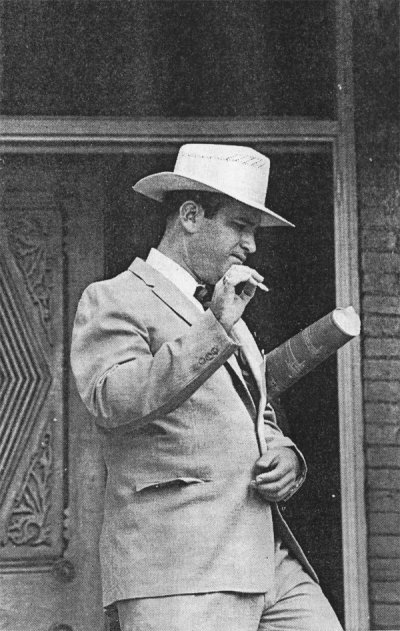Lerink
The Finch Man
Respuesta: Terrence Malick
Es acojonante la pregunta sobre el guión lleno de anotaciones técnicas. No es algo que te esperarías de alguien que ha hecho sus dos últimas películas de manera radicalmente opuesta.
Es acojonante la pregunta sobre el guión lleno de anotaciones técnicas. No es algo que te esperarías de alguien que ha hecho sus dos últimas películas de manera radicalmente opuesta.

 ¿Otra vez lo mismo? Es muy triste que cada vez que se intenta discutir de cine lo conviertas todo en la misma inseguridad personal. Acabas saltando siempre con que si la camarilla, que si me estáis insultando, que si mis gustos... y ahí ya no se aprecia leerte. Pero ya lo dejo, porque sé que aunque diga algo en unas semanas vamos a volver a lo mismo.
¿Otra vez lo mismo? Es muy triste que cada vez que se intenta discutir de cine lo conviertas todo en la misma inseguridad personal. Acabas saltando siempre con que si la camarilla, que si me estáis insultando, que si mis gustos... y ahí ya no se aprecia leerte. Pero ya lo dejo, porque sé que aunque diga algo en unas semanas vamos a volver a lo mismo.




 ), es definitivamente su peor y más bello trabajo. Está claro que si hubiese tenido total libertad el tempo de muchas escenas no quedaría masacrado de forma tan tosca, pero de verdad creo que prefiero cuando se pasa que cuando se queda corto como aquí. He intentado buscar una explicación o una sensación para justificarlo, pero no las encuentro.
), es definitivamente su peor y más bello trabajo. Está claro que si hubiese tenido total libertad el tempo de muchas escenas no quedaría masacrado de forma tan tosca, pero de verdad creo que prefiero cuando se pasa que cuando se queda corto como aquí. He intentado buscar una explicación o una sensación para justificarlo, pero no las encuentro.